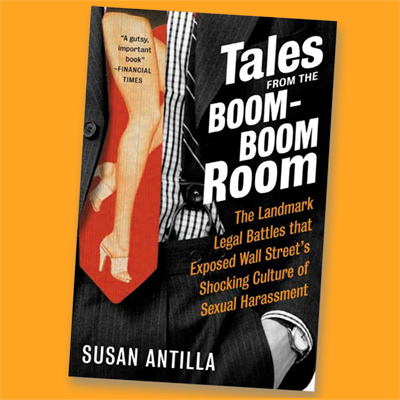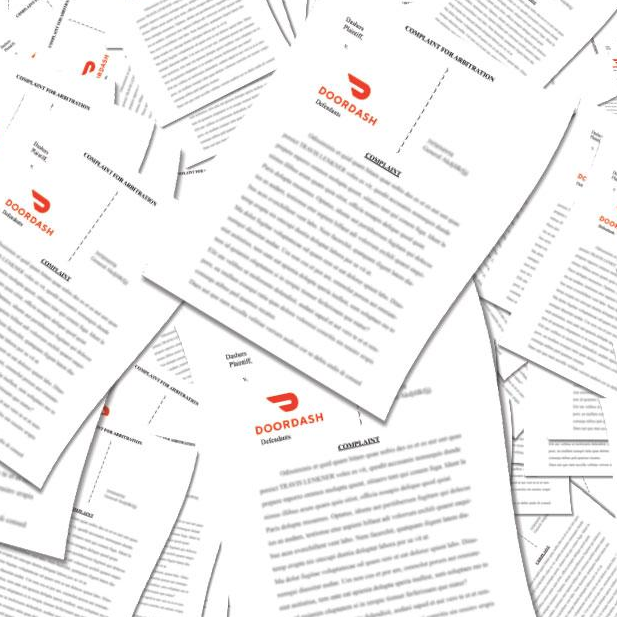
Over 17 long years — starting long before the #MeToo movement galvanized the nation — one of the most powerful banks in the country has been able to keep the lid on many embarrassing details of a high-profile under discrimination case. A day of reckoning could be on the horizon, though, with a recent agreement between Goldman Sachs and a group of women suing the firm in that case to unseal their allegations of harassment and discrimination. I wrote about the case today for Capital & Main.




